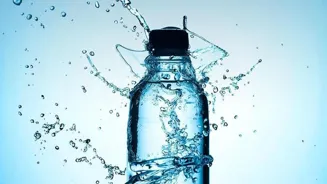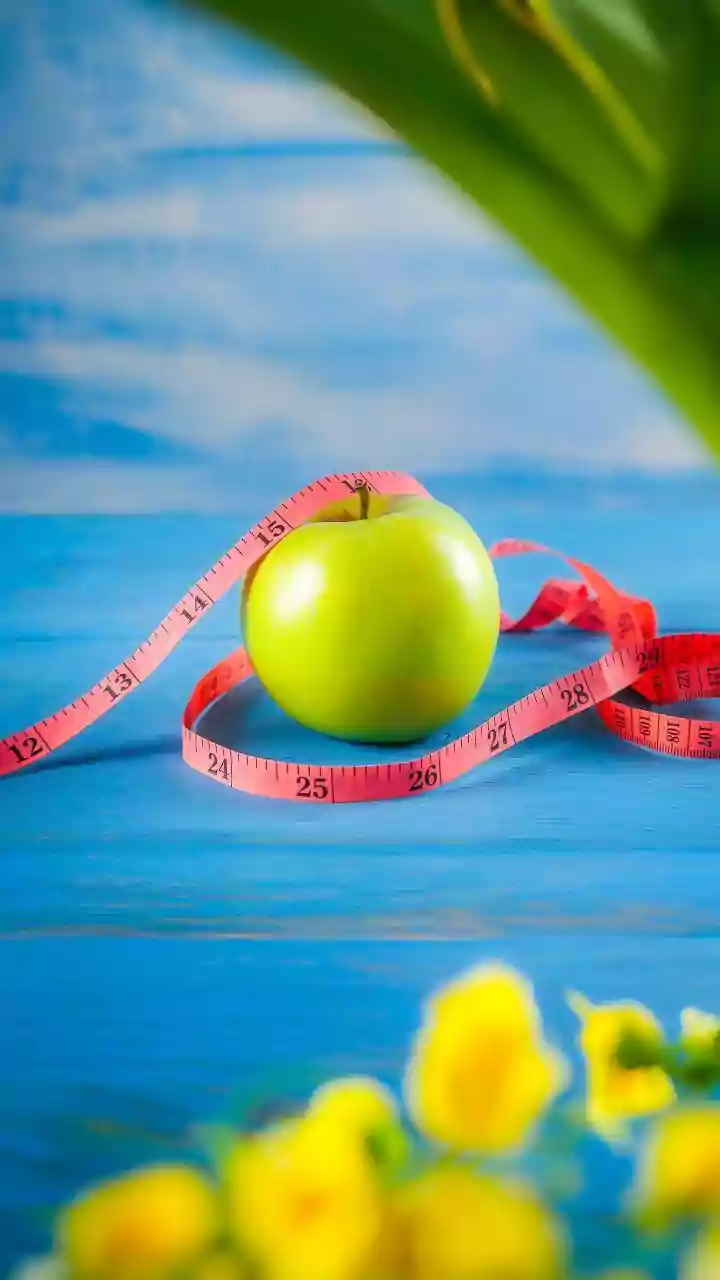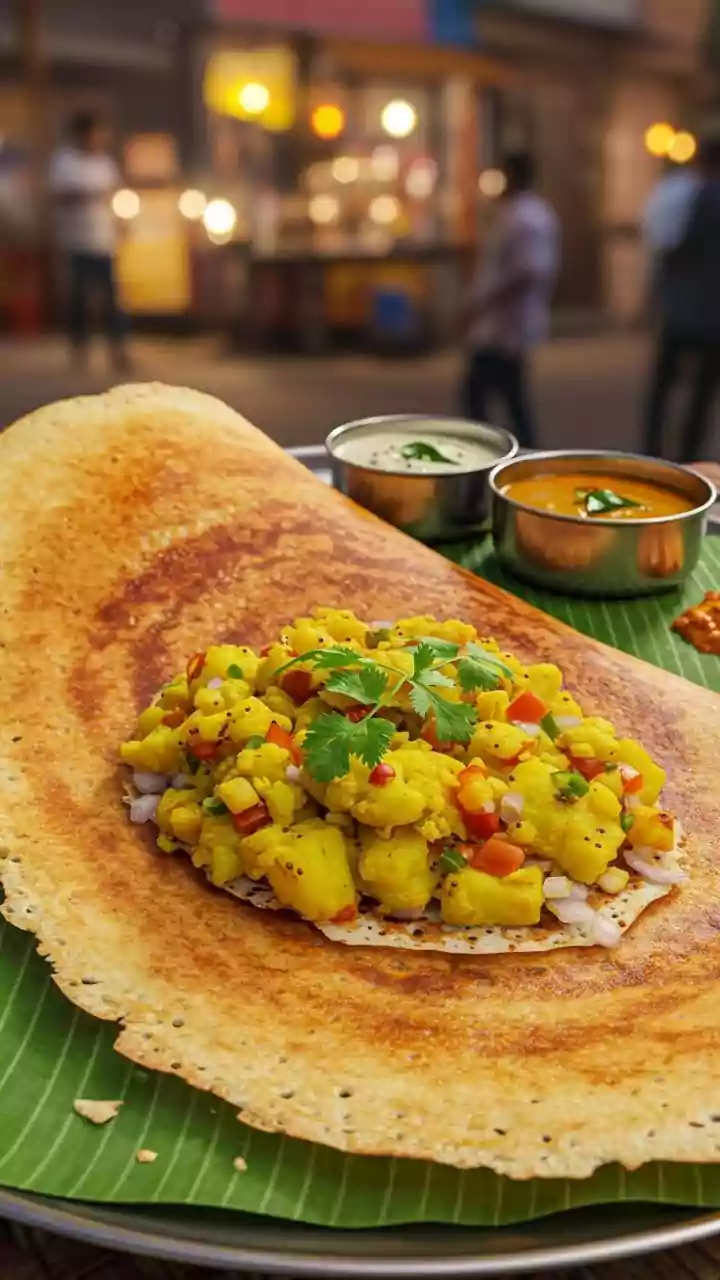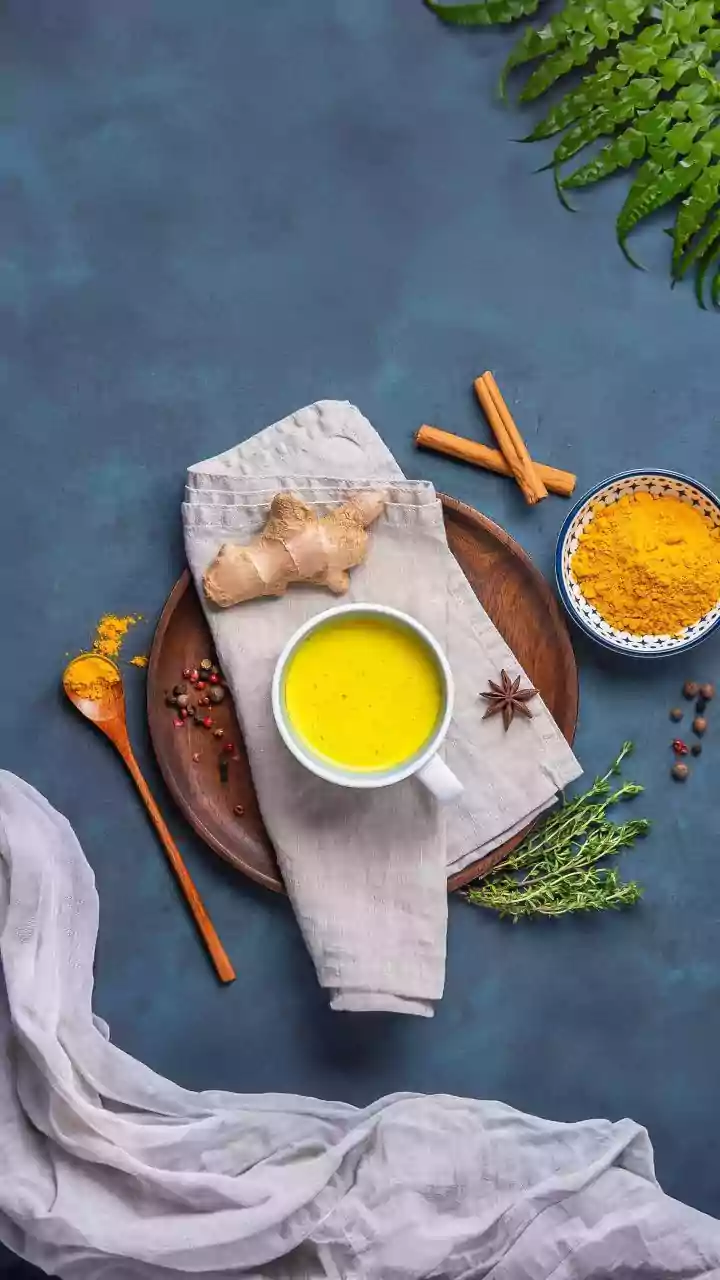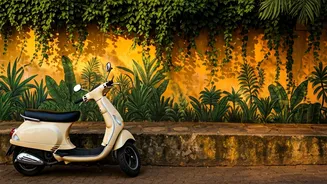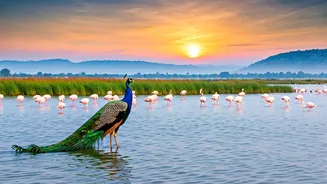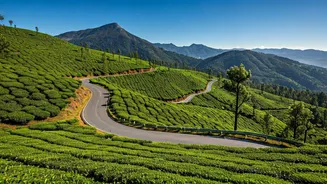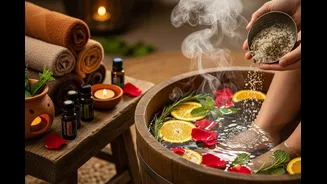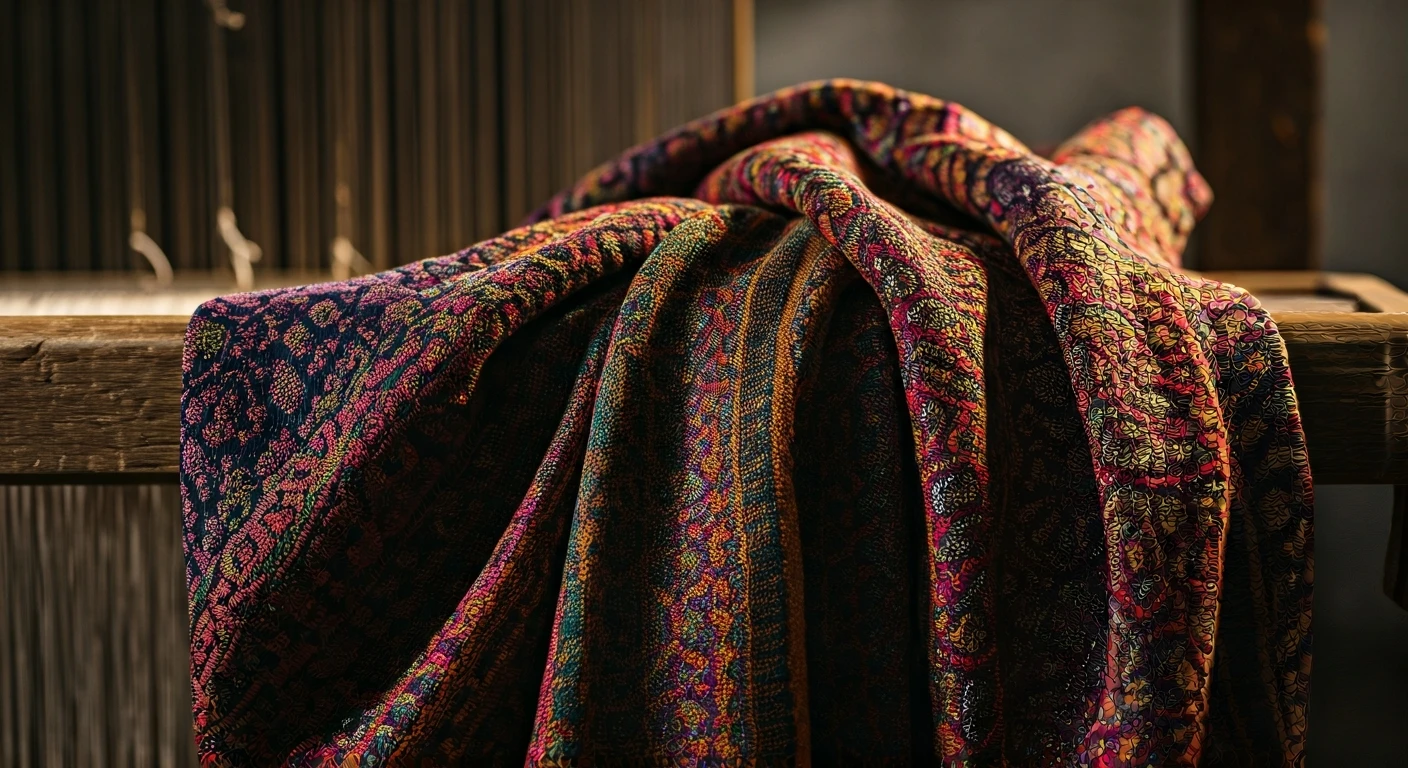Unraveling 10 Hydration Myths: Dive into the truth about staying hydrated. Are you really drinking enough water? Read on!
In the scorching summer, when the loo wind feels like a furnace blast, we all get
that lecture: “Drink more pani!” But how much do we really know about staying hydrated? Chances are, a lot of what we think is true about hydration is actually, well, a big fat myth.
So, ditch the old wives' tales and let's dive into 10 common hydration myths that you need to stop believing right now, because proper hydration is the key to feeling tip-top!
Don't wait for thirst, stay hydrated throughout the day
This one’s a classic, na? We often think if we aren’t feeling parched, we are doing okay on the hydration front. However, relying solely on thirst isn't the best idea. Thirst is actually a signal that your body is already a little dehydrated.
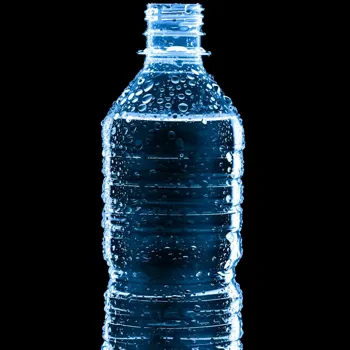
Think of it like waiting for the fuel light to come on in your car – you can drive a bit further, but you're pushing your luck. Especially when it’s hot and humid, or if you're exercising, your body loses fluids faster than you might realize.
So, a better approach is to sip pani throughout the day, even before you feel thirsty to stay properly hydrated. Prevention is better than cure, as they say; the same holds true for hydration! Set reminders on your phone, keep a bottle handy, and make it a habit, not just a reaction.
Sugary drinks can dehydrate you, opt for water for best hydration
Okay, so pani is the king of hydration, no doubt. But what about that sugary sherbet or that fizzy drink you love? While they do contain water, they might not be the best choice for overall hydration.
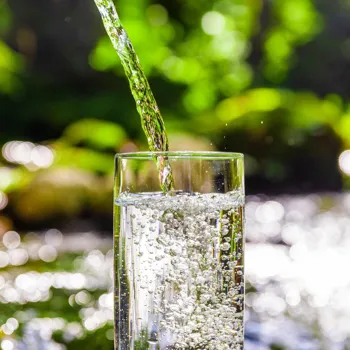
Sugary drinks can actually dehydrate you in the long run because your body needs to use more water to process the sugar. Plus, all that extra sugar isn’t exactly healthy, is it? Even caffeine, in large amounts, can have a diuretic effect, meaning it makes you pee more and can lead to water loss.
So, while a cup of chai can be comforting, it shouldn’t be your primary source of hydration. Stick to pani, coconut water, or infused water which will give you the most bang for your buck when it comes to hydration. Remember to choose your liquids mindfully to stay hydrated and healthy.
Hydration needs vary based on activity, climate, health - beyond 8 glasses
The "eight glasses a day" rule is practically ingrained in our minds, isn't it? It's a simple guideline, sure, but it's not a one-size-fits-all kind of thing. Your hydration needs depend on several factors, like your activity level, the climate you live in (hello, Chennai summers!
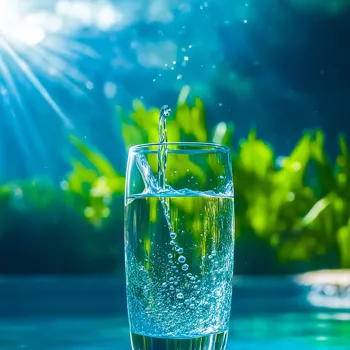
), and your overall health. Someone who's running a marathon needs much more pani than someone sitting at a desk all day. Someone living in Rajasthan will require more as compared to someone in the hills covered in snow. Don't just blindly follow the eight-glass rule.
Pay attention to your body's signals, and adjust your fluid intake accordingly. Some days you may need more, some days you may need less. The color of your urine can be a good indicator too. If it's pale yellow, you're likely well-hydrated. Darker urine means you need to up your pani intake.
Myth 4
Sports Drinks are Always the Best Way to Hydrate After a Workout
Sports drinks vs water after workouts: choose wisely
Sports drinks certainly have their place, especially after intense workouts. They replenish electrolytes lost through sweat, like sodium and potassium, which are important for muscle function. However, for most moderate workouts, pani is perfectly sufficient.
Sports drinks often contain added sugar and artificial flavors, which you might not need or want. So, unless you're sweating buckets for an hour or more, stick to plain old pani. You can replenish electrolytes with a healthy meal or snack afterward.
Instead of those artificial sugary syrups, try coconut water. Some people also add a pinch or black salt to their Pani after a workout. If you sweat intensely, sports drinks can be a great help, but avoid making them a habit for everyday activities.
Hydrate consistently to avoid dehydration during workouts
This myth is particularly dangerous, especially during those hot summer months. Just like relying on thirst in general, waiting until you're thirsty during exercise means you're already behind on hydration.
Dehydration can seriously impact your performance, leading to fatigue, muscle cramps, and even heatstroke. It's crucial to hydrate regularly during your workout, even if you don't feel particularly thirsty. Take small sips of pani every fifteen to twenty minutes, especially during longer sessions.
Pre-hydration, means hydrating yourself consistently through out the day. This makes is easier for your body to manage your hydration during strenuous hours. Don't think of this as a chore instead plan ahead to have access to water, before, during and after your workout.
Eating fruits and veggies boosts hydration, not just water
A lot of us think only about drinking water when thinking about hydration, but what about the food we eat? Many fruits and vegetables have high water content, and can significantly contribute to our daily fluid intake.
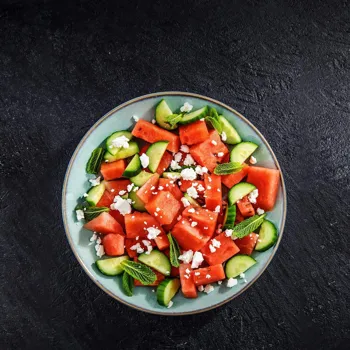
Watermelon, cucumber, spinach, tomatoes –these are all delicious and hydrating foods. Think of it as drinking your pani through food. Including these foods in your diet is a tasty and healthy way to boost your hydration.
Salads, smoothies, and even simple snacking on fruits and veggies can make a big difference, especially during the summer months. So, remember, hydration doesn’t just come from your water bottle; it comes from your plate, too! Eating healthy and fresh is a great way to stay hydrated and healthy.
Myth 7
Drinking Too Much Water is Always Better Than Not Drinking Enough
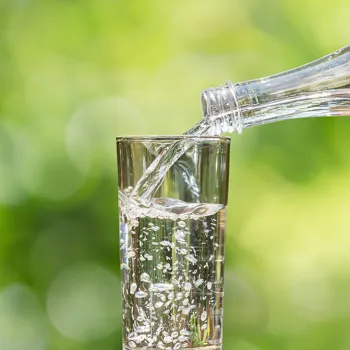
Balancing hydration crucial; avoid overhydration's risks
While dehydration is definitely a concern, overhydration can also be harmful. It's rare, but drinking excessive amount of water faster than your kidneys can process it can lead to a condition called hyponatremia, where the sodium levels in your blood become dangerously low.
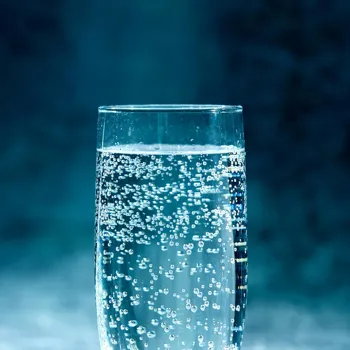
This can cause symptoms like nausea, headache, confusion, and in severe cases, seizures or coma. So, there is a point, where one can have more water than required. It's all about balance.
Pay attention to your body's signals and drink pani at regular intervals and sip it instead of gulping it down quickly. If you are excessively thirsty, it's always a good idea to get checked out by a doctor. Moderation is the key to a healthy body and mind.
Carbonated water hydrates like still water, but may cause bloating
A lot of us have argued whether fizzy pani is better than normal pani. Carbonated water is just as hydrating as still water. The bubbles might feel different, but they don't affect the water's ability to hydrate your body.
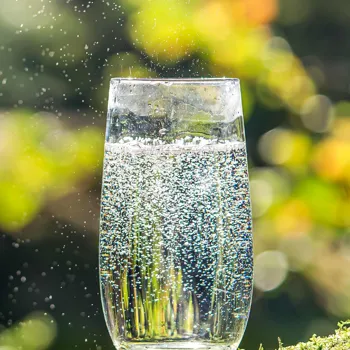
However, some people find that carbonated drinks can make them feel bloated or gassy, so it might not be the best choice for everyone, especially during exercise. If you enjoy carbonated water, feel free to drink it to stay hydrated! Just be mindful of any added sugars or artificial sweeteners.
As long as you are hydrating yourself, it doesn't matter it's fizzy or regular.
Myth 9
You Can Tell if You're Dehydrated by the Colour of Your Pee Alone
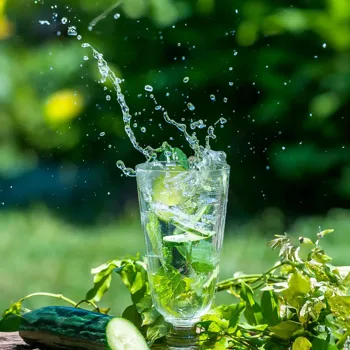
Urine color is not sole hydration indicator; consider various factors for assessment
While urine colour is a helpful indicator of hydration, it's not the only thing that matters. Certain medications, vitamins, and foods can also affect the colour of your pee. B vitamins, for example, can turn urine a bright yellow.
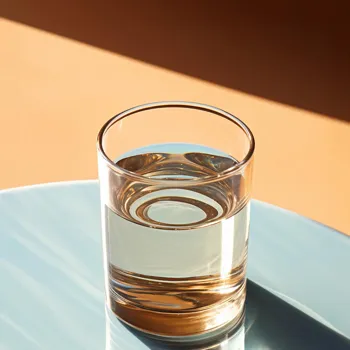
The best way to assess your hydration is to consider several factors, including urine colour, thirst level, and how you feel. Look to see if your lips are dry, if you have a headache or not. Use your judgement to decide whether you need to hydrate yourself or not. If you are concerned about hydration, it's best to consult a doctor
Electrolyte drinks may lead to over-hydration; consult a doctor
While electrolyte drinks can be helpful for rehydration after exercise, it's still possible to over-hydrate with them. Electrolyte drinks contain salts like sodium.
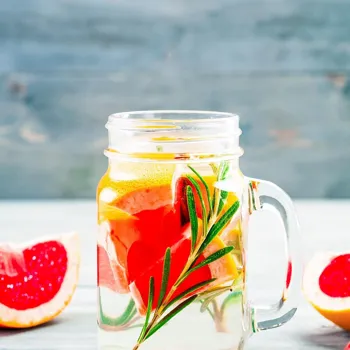
While sodium is lost when performing high endurance exercise or running a marthon, drinking too many Electrolyte drinks may not be healthy. If this is something, you are worried about, consult a doctor about this.
